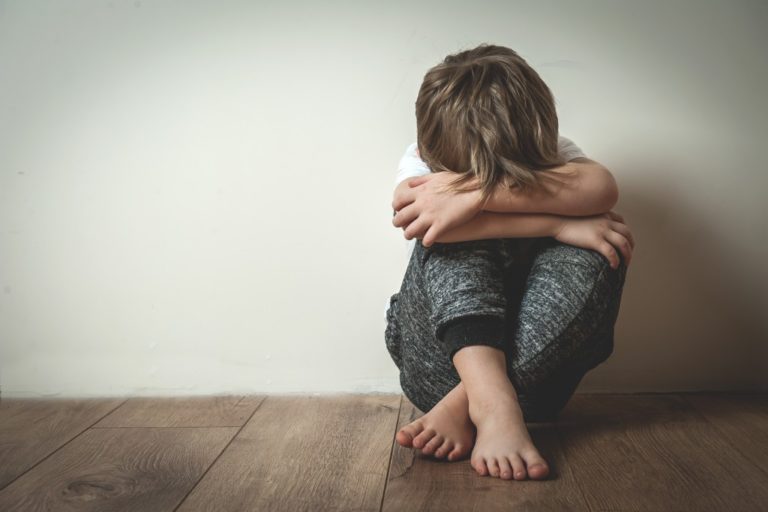People who don’t suffer from anxiety don’t know just how triggering trying new things can be. Even something as trivial as going on a drive can trigger symptoms like difficulty breathing, chest pain, rapid heart rate, sudden nausea, agitation, restlessness, insomnia, and decreased ability to focus. Some even suffer from panic attacks, which can include sweating, shaking, and a racing heart. Some feel disconnected from reality and their surroundings, and even their bodies.
These symptoms may seem extreme to people who don’t suffer from anxiety disorders, but for some people who have them and know what it’s like, traveling can be a scary prospect. But with enough preparation and planning, there’s no reason why anxiety should preclude you from going on a trip and enjoying it. Here are some pointers to remember if you have anxiety and want to enjoy your trip or vacation.
Before the Trip
Be aware of your triggers.
What triggers your panic attacks or anxiety symptoms? It can be specific to going on a trip, such as boarding a plane or riding a train. It can also be going to a crowded place like an airport. Look back on your history and try to remember the travel-related things that triggered you before. Ask for help from your therapist to help you identify them.
Prepare in advance.
Many of the thoughts that cause our anxiety are “what if?” scenarios. If you can combat your worst-case scenarios before you even step outside your house, then that’s already half the battle. Here are some examples:
- “What if I fall sick while on vacation” If you suffer from health anxiety, make sure to have the contact information of our primary healthcare giver, your therapist, and even your general dentist. Do your research in advance and know the closest hospital and clinic to your hotel or wherever you’re staying. Make sure to bring all of your medication as well, enough to last you your entire trip. You can also buy health insurance in advance; many travel insurance policies in the market apply to other countries.
- “What if I run out of money?” Make sure that your card has enough money to keep sustain you during your trip and that you have enough cash on hand as well. And remind yourself that there are people you can call, like a family member or a friend, in case of emergencies.
- “What if I get lost?” Download the best online maps and apps. You can even download a location tracker, which allows someone you trust to always have access to where you are at all times.
- “What if something bad happens in my house while I’m away?” Talk to a family member, a friend, or anyone you trust about your responsibilities, like your pets and plants and anything else that can go wrong. Let their presence assure you that everything you care about at home, they will handle with the utmost care and that they will call you should the need arise.
By having advanced solutions to your worst-case scenarios, you will train your mind to remember that there is always a fix to any problem, even while you’re on the trip.
During the Trip

Bring plenty of soothing techniques.
Since anxiety has become the most common mental illness in the United States, with 18.1 percent of Americans struggling with it, according to a 2018 study, it’s no surprise that there has also been an influx of items in the market that claim to calm us down. One of them is the ubiquitous fidget spinners, which claim to help distract us from the influx of negative thoughts. Another is the weighted blanket, which claims that they can help promote better sleep and alleviate anxiety.
While more scientific studies need to be done to confirm these items’ effectiveness, you don’t need the confirmation of researchers if you already found something that works for you. If you find that adult coloring books help bring a sense of calm to your mind, then bring them to your trip. If essential oils and scented candles have been helpful, then bring those as well.
At the end of the day, many mental health conditions and mood disorders are illnesses of how we feel, so if something makes you feel better (as long as it’s healthy and productive and not destructive like alcohol, drugs, or smoking), then you don’t need the confirmation of scientists to continue using it.
After the Trip
It might help if you look back on your trip and identify the strategies that worked. With the help of your therapist, there are plenty of ways to manage your anxiety to where you can live a semblance of normalcy. You can do it!

